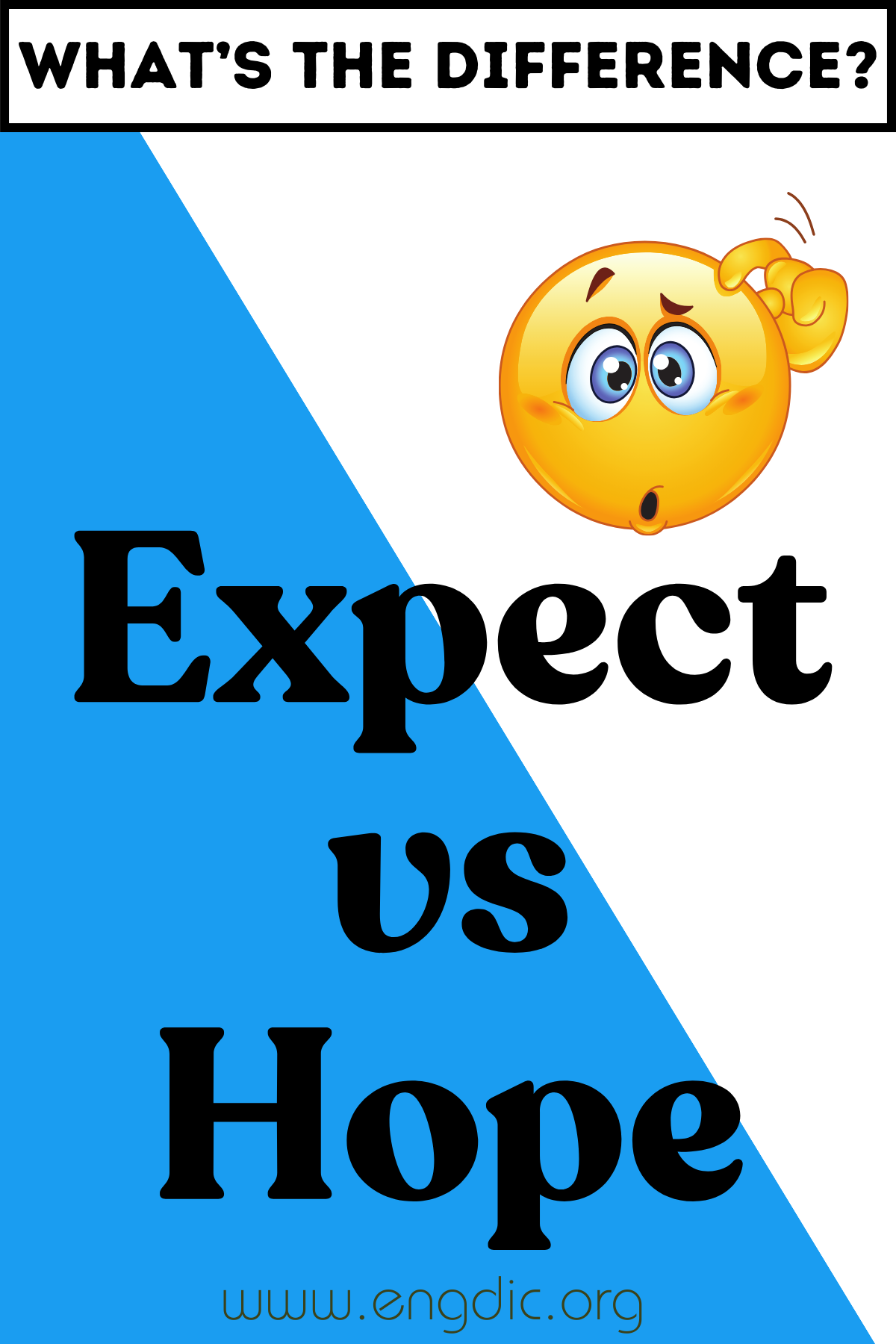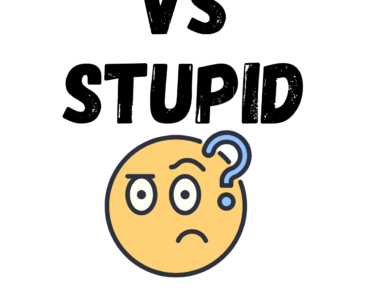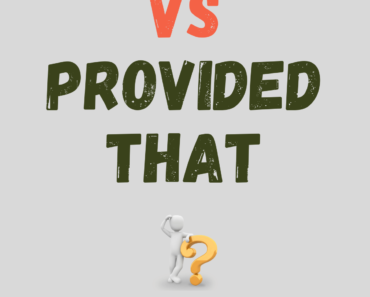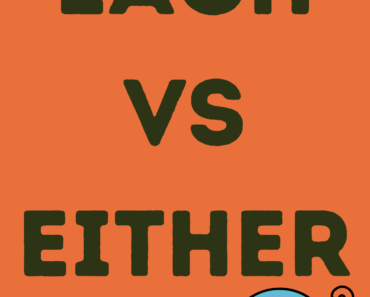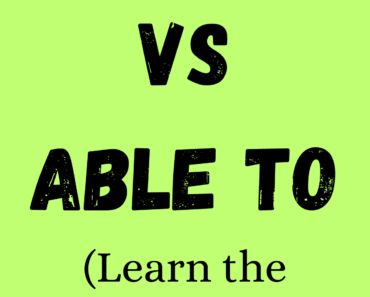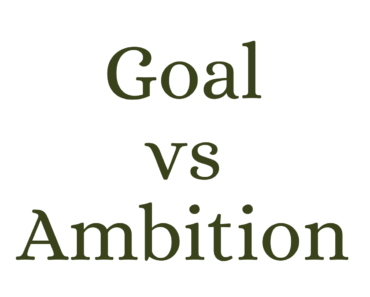The difference between “expect” and “hope” lies in their level of certainty and focus.
- “Expect” implies a belief that something will occur, often based on reasonable grounds or prior knowledge. It’s a prediction rooted in evidence.
- “Hope,” on the other hand, conveys a desire for something to happen, regardless of the likelihood. It’s more about wishing for a positive outcome without a strong foundation.
While “expect” hints at confidence and preparation, “hope” centers on aspiration and optimism, underscoring the distinction between belief in outcomes and longing for possibilities.
Expect
Definition:
“Expect” means to believe that something will happen or is likely to occur based on evidence, reasoning, or probability.
Usage:
- Certainty: Expecting involves a degree of certainty.
Example: “I expect it to rain today based on the weather forecast.” - Requirement: It also indicates anticipation that a particular event should occur, often involving obligations.
Example: “The company expects employees to meet their deadlines.” - Predictive: It’s used to predict an event based on past knowledge or assumptions.
Example: “The teacher expects all students to perform well in the exam.”
Hope
Definition:
“Hope” refers to a feeling of expectation and desire for a particular thing to happen, especially something positive.
Usage:
- Optimism: Hope reflects optimism for the future, without certain proof.
Example: “I hope my friend feels better soon.” - Wishes: It often conveys wishes for situations beyond one’s control.
Example: “We hope for a peaceful resolution to the conflict.” - Possibility: It’s used when there’s a possible yet uncertain outcome.
Example: “She hopes to visit her family next month if circumstances allow.”
While “expect” is grounded in rationality and prior knowledge, “hope” is driven by aspirations and wishes, revealing the key distinction in their use.
